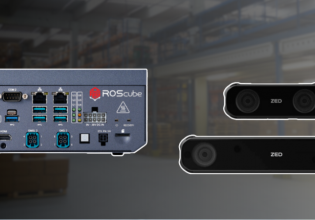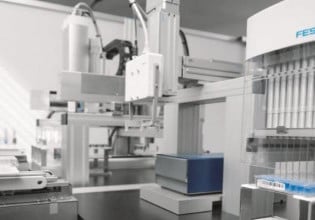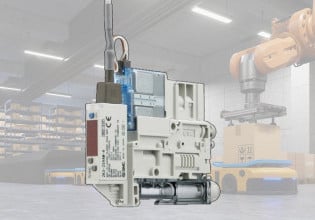A
I have been involved in a number of automation/instrumentation upgrade projects. The objectives of these projects are mainly twoard reducing manpower, safety and quality improvement.
It is all about Money!! I wonder with the costs of these projects, which are very high especially for petroleum industries applications, can these projects be benefitial for these plants? (I assuem it works for less than 50% of these projects)
I donno, but I never seen researches about this subject!!!
It is all about Money!! I wonder with the costs of these projects, which are very high especially for petroleum industries applications, can these projects be benefitial for these plants? (I assuem it works for less than 50% of these projects)
I donno, but I never seen researches about this subject!!!






